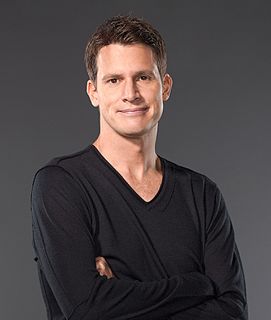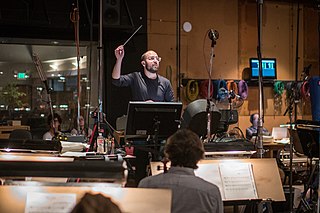A Quote by Rick Moranis
What we see is what they're trying to sell us. It's not true nostalgic as much as it is repeating old material because it's less expensive than new material.
Related Quotes
There's something grueling but very appealing about rough, to-the-bone material in a low budget context. There's less between you and the material. There are less people. There is less time. There's often less technology. You have to concentrate very intensely, and you jump in a little deeper because there's nothing in your way... but there are challenges.
I had to leave some traces. In the beginning, I would give complete instructions to the photographer. In the '70s, people would come to photograph your work and you would just end up with this crazy material that had nothing to do with your work; maybe I'd pick up two or three photographs that were the closest to the idea. This is why when you look at the '70s, you see much less documentation and really bad material. The material will become misleading to what the piece was.
I will do a lot of research and create a lot of material for use in one painting. And then I go on discovering and working with a whole other range of material in another painting. I'm interested in a fairly comprehensive and orchestrated synthesis that might bring about a new situation consisting of this hidden material. I'm interested in hidden source material.
Where can we find greater structural clarity than in the wooden buildings of the old. Where else can we find such unity of material, construction and form? Here the wisdom of whole generations is stored. What feelings for material and what power of expression there is in these buildings! What warmth and beauty they have! They seem to be echoes of old songs.
Every once and a while somebody writes a script, but even regardless of what age you are, most of the actors would all agree that it's all based upon material and the material has got to spark with you. It may be great material but you think it's great material for somebody else. Or it's great material and I'm perfect for it. So, you just have to make that judgment and if you feel in the mood to do it.


































